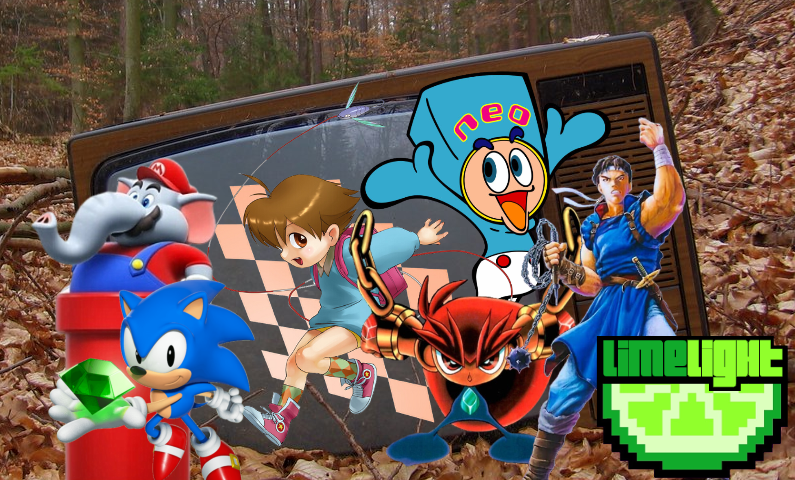PPR 155

 fter nearly ten years with everyone’s favorite console/handheld hybrid, Nintendo is FINALLY gracing the world with a grand-scale presentation of the Switch successor, the Nintendo Switch 2.
fter nearly ten years with everyone’s favorite console/handheld hybrid, Nintendo is FINALLY gracing the world with a grand-scale presentation of the Switch successor, the Nintendo Switch 2.
So, what better way to hype ourselves up for the big N’s upcoming hardware than to fantasize a bunch of our pie-in-the-sky. “what-if” wishes that we want to see out of the new console, along with some educated guesses and predictions to throw around amongst ourselves. Joining Ed, George, and Sean this time around is Hayes Madsen, a games journalist currently penning words at inverse.com, who worked at over a dozen other outlets, and has graciously accepted the invite to discuss a slew of topics for this week’s episode!
On the cast, the crew will weigh in on their shared impressions of this year’s GDC, the state of indie games, Game Informer’s return, and everything Nintendo leading up to the Switch 2 Direct! Also, a bit of warning; we unfortunately ran into some recording hiccups that slightly affected the audio quality of this episode, but rest assured PPR-gonauts, the latest show is VERY MUCH still listenable, so please, enjoy all while we collectively salivate at the promise of consistent frame-rates and 4K resolution from Nintendo of all things!
Mail us at our new email Mailbag@presspauseradio.com, leave a voicemail at 469-PPR-TALK, and be sure to stop by at our Forums if you haven’t already registered and post your thoughts about the show. Finally, make sure to rate and subscribe to us on iTunes and YouTube, follow us on Twitch page and Twitter, and finally take part in our Facebook and Steam group!


















 Press Pause Radio
Press Pause Radio 


















